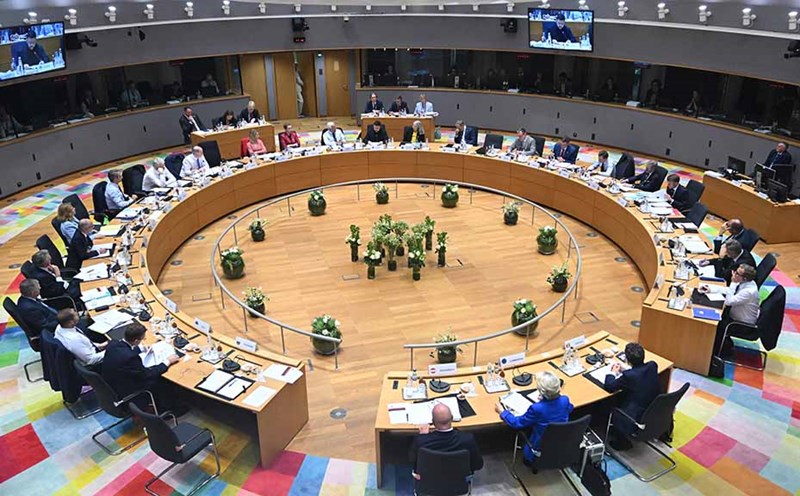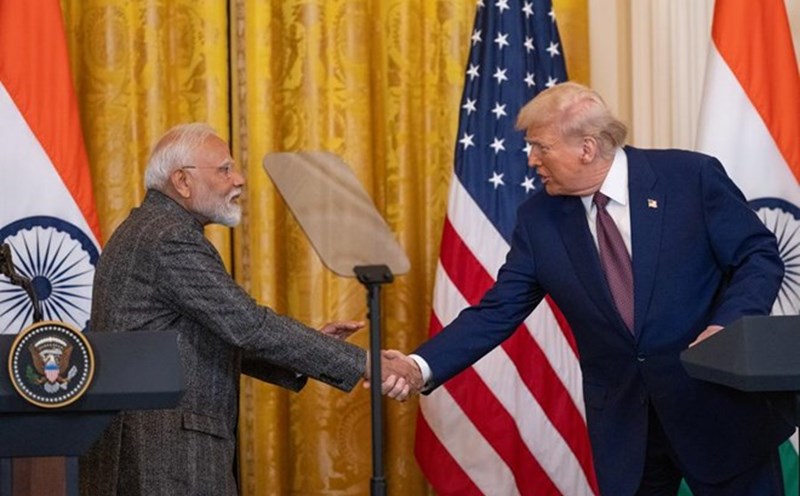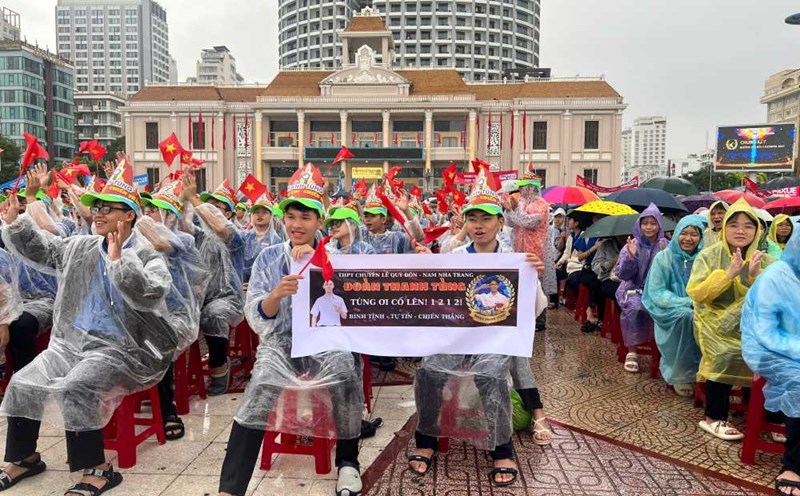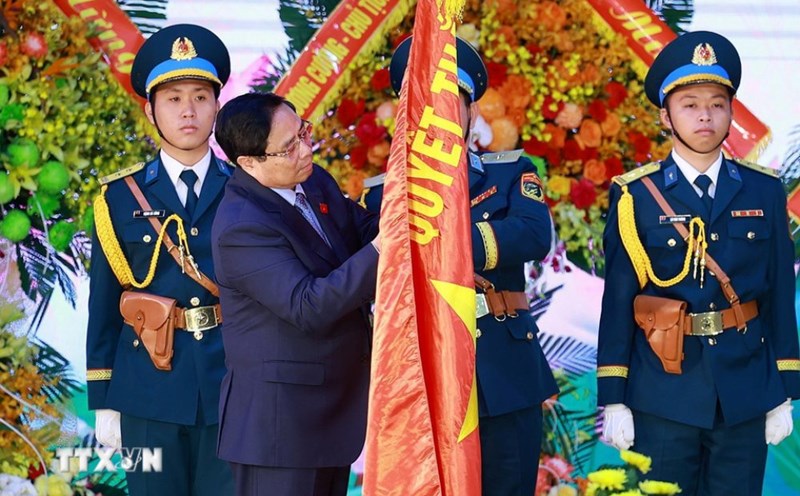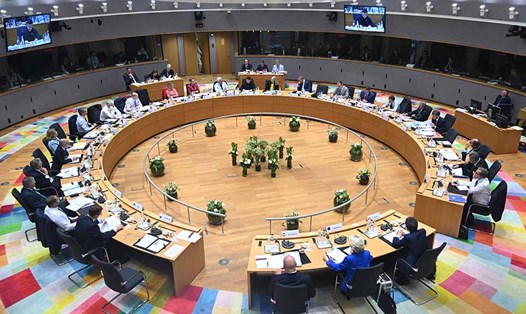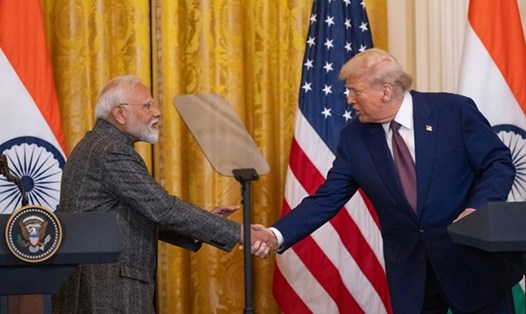Reliance Industries - India's largest petrochemical group and a leading Russian oil buyer - is reviewing import contracts after the US, EU and UK simultaneously imposed new sanctions on the two Russian oil giants Rosneft and Lukoil.
Reliance Industries said it is assessing the impact and requirements for new compliance from the newly announced sanctions packages, and affirmed that it will adjust operations to ensure compliance with international regulations while maintaining Indias energy security.
In a statement to the media, the group emphasized: As industry practices, supply contracts will be flexibly adjusted to reflect market fluctuations and legal regulations. Reliance will handle these changes while maintaining relations with current suppliers.
Last week, the US, UK and the European Union (EU) simultaneously announced a new package of sanctions against Rosneft and Lukoil - two groups that account for the majority of Russia's crude oil production.
The new regulation gives companies until November 21 to end deals with the two businesses, while the EU also prohibits imports of refined products from factories that used to use Russian oil within 60 days before they are allowed to export.
These provisions have forced many refineries in India to review their supply chains. The British news agency said Reliance - the world's largest oil refining complex operator in Jamnagar, Gujarat state, India - plans to temporarily suspend direct imports from Rosneft, while looking for alternative sources through intermediaries.
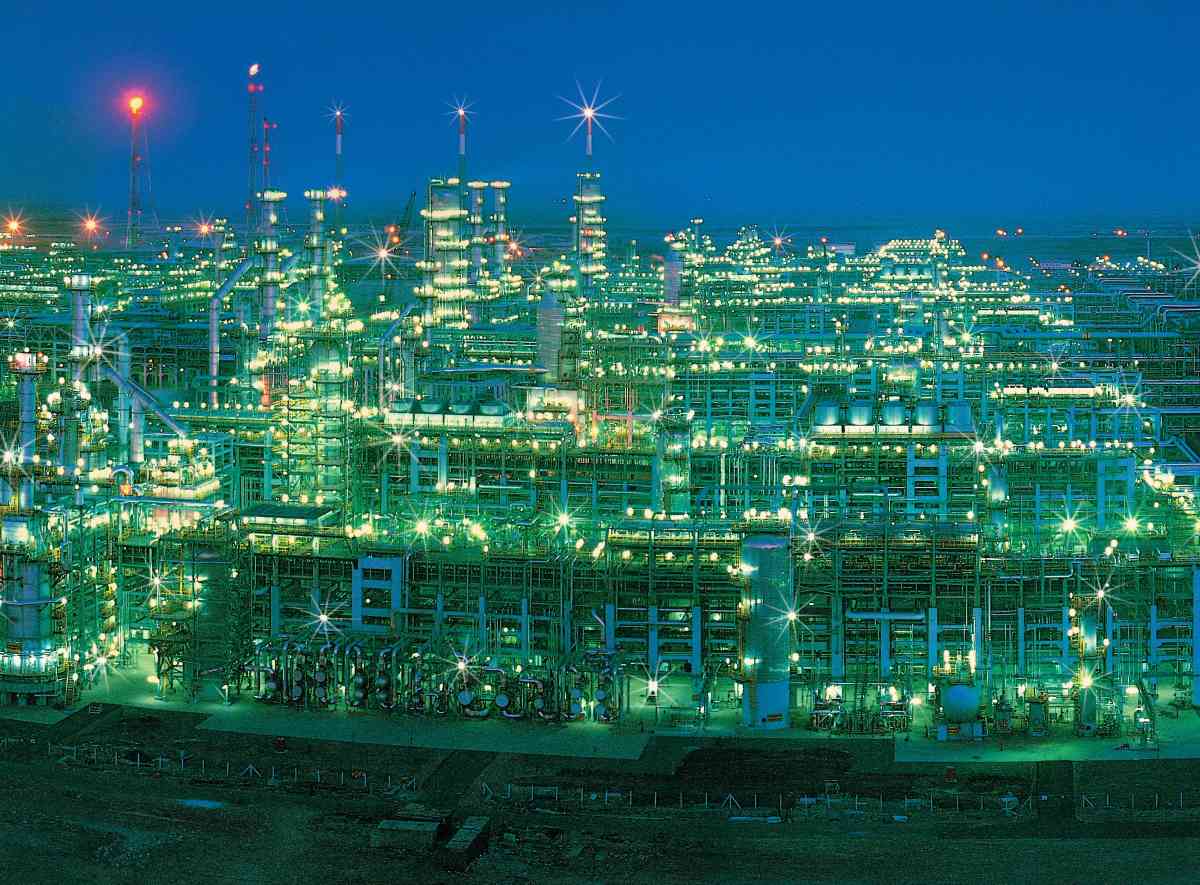
Reliance currently has a 10-year deal with Rosneft to buy nearly 500,000 barrels of oil per day. As of October, the group is India's largest importer of Russian oil in terms of output this year. Rosneft also owns a 49% stake in Nayara Energy, which operates the Vadinar refinery in the state of Gujarat.
However, after a series of new sanctions, Reliance said it will comply with the instructions of the Indian government and ensure compliance with national energy security goals.
The company said the diverse crude oil import structure will help maintain stability and reliability in the operation of the refinery, serving both domestic and export needs - including to Europe.
Russia has become India's largest crude oil supplier since 2022, accounting for more than 36% of total imports since the beginning of this year, according to data from analyst Kpler. During the same period, India emerged as a leading refined fuel exporter to Europe, part of which was processed from Russian oil.
However, the current context is putting Russia-India energy relations in a sensitive position. In August, US President Donald Trump announced a 25% tariff on Indian goods, considering New Delhi's continued purchase of Russian oil as "a support for Moscow to prolong the Ukrainian conflict".
Russia criticized the move, saying the threat to impose tariffs or punish partners was a "violation of national sovereignty".


